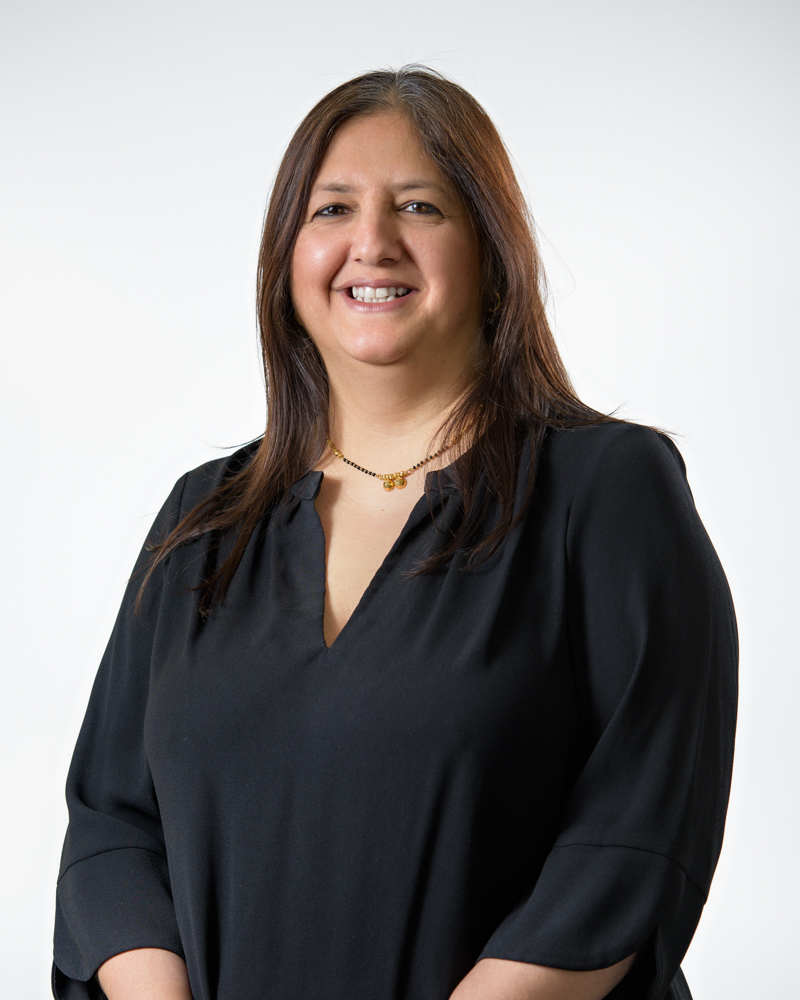
Deloitte currently estimates that by 2020, millennials’ total net worth worldwide will be more than double what it was in 2015. There are several reasons that account for this trend, some of which include rising wages and the improving quality of life in developing countries.
However, there is another driving force: one of the largest intergenerational transfers of wealth in history.
Baby boomers, the children of the late 40s, 50s and early 60s, were able to buy property at a low-cost relative to income. Their homes, over the ensuing decades, have hugely increased in value; in the UK the average price of a house has doubled since 1996––even after accounting for inflation.
For millennials, this has had two implications. Firstly, many are reliant on their parents if they want to purchase a house. Secondly, they could be set to collectively inherit a huge amount of wealth. Research from EY suggests that those born between 1981 and 1996 in the US will receive $30 trillion from their parents in the next 20 years[1].
Consider the fact that the global economy is valued at $80 trillion, and the scale of this wealth transfer begins to become apparent. For those who already have property, along with high net worth (HNW) and ultra-HNW individuals, investing their new wealth in stocks and shares will be the order of the day, resulting in a changing client base for financial advisers.
Some things will be consistent with what has come before, according to research from Deloitte[2]; 82% of millennials still want to discuss their financial situation face-to-face with an adviser, meaning a wholesale switch to digital communication is unlikely. Furthermore, the ultimate aim for millennial investors will still be healthy and sustainable returns.
What could change is the kind of assets new investors are interested in. The growth of “impact investing”, also known as environmental, social and governance (ESG) investing, is particularly popular among millennials––EY predicts that almost a fifth of investments now under management worldwide are in sustainable financial products[3]. What’s more, two thirds of young people feel “obliged” to change the world for the better, meaning this is likely to inform their future investment decisions[4].
There are many examples of ESG investments providing good returns. The Cordes Foundation, headed by 29-year-old Steph Stephenson, has 100% of its $230 million in impact investments––and achieved an average yearly return of 8%[5].
The rise of millennial HNW individuals has one major implication for financial advisers: they need to be entirely up to speed with ESG financial products and the options available to millennial investors. With the importance of ESG products to the financial sector only likely to increase in markets around the globe, this is an important task that must be prioritised.
Alpa Bhakta is the
CEO of Butterfield
Mortgages Limited. Part of the
Butterfield Group and a subsidiary of The Bank of N.T. Butterfield & Son
Limited. Butterfield Mortgages Limited is a London-based prime property
mortgage provider with a particular focus on the needs of UK and international
HNW individuals.
[1] EY (2017), Sustainable Investing: The millennial investor
[2] Deloitte (2015), Millennials and wealth management
[3] EY (2017), Sustainable Investing: The millennial investor
[4] Deloitte (2015), Millennials and wealth management
[5] Sarah Murray (2019), Rich millennials push to put family wealth into impact investments
0